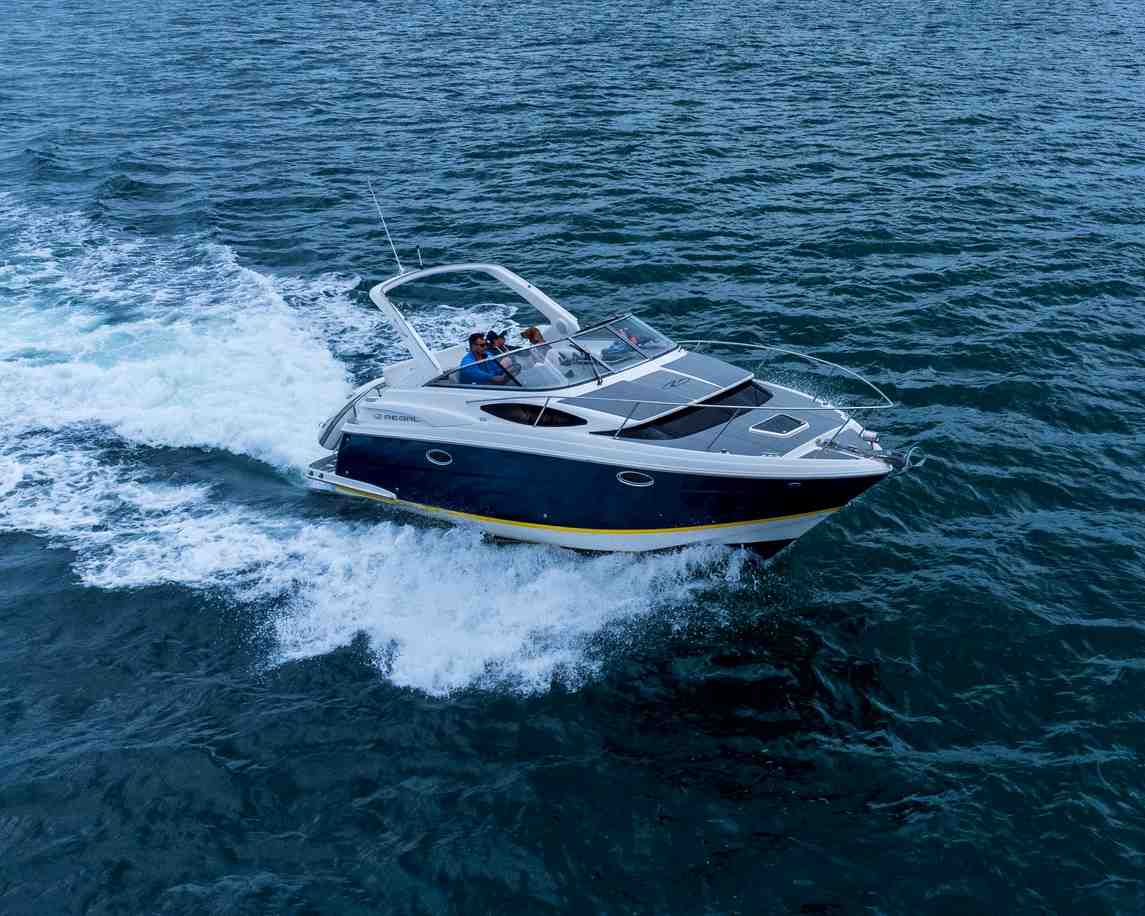What Are Engine Hours on a Boat?

Buying a used boat is a big decision, one that shouldn’t be made without taking a fine-toothed comb to your potential watercraft. One key detail you won’t want to miss is the number of engine hours on a boat. This small but mighty metric can reveal a lot about a boat’s past usage and current condition. Here’s what you need to know when buying your first used boat.
Definition: Engine Hours on a Boat
Engine hours refer to the amount of time your boat’s engine has been running. Boat buyers use engine hours as a key indicator of the boat’s condition. The higher the engine hours, the longer the engine has run and the more wear and tear it’s incurred.
Like car engines, boat engines have an estimated lifespan based on usage hours. If an engine has too many running hours, it may require expensive repairs or even a replacement in the near future.
You might also hear ‘boat engine hours’ called ‘marine engine hours’.
How do I Check Boat Engine Hours?
One way to check your boat’s engine hours is by looking at the hour meter on the dashboard. It’s similar to a car’s odometer. Turn on the ignition and look for the hour meter reading.
Note that not all boats will have this meter. If yours doesn’t, it can be worthwhile to install one so you can better anticipate maintenance needs.
Another way to check engine hours is through a diagnostic scan tool. These tools connect to your boat’s onboard computer system and can retrieve detailed information about its performance, including running time.
How Many Hours are a Lot for a Boat?
On average, a recreational boat will rack up anywhere from 75 to 150 hours per year. So for a 5-year old boat, anywhere between 375 to 750 engine hours would be considered reasonable.
Boats that are 15-20 years old should be approached with a little more caution, even if their engine hours are within the reasonable range. Well-maintained engines have an average lifespan of about 1500-2000 hours.
How do Boat Hours Affect its value?
Boats are designed for different purposes and usage. Some owners use their boats frequently for long-distance cruising or fishing trips, while others keep them docked for most of the year. As a result, the wear and tear on different engines can vary significantly depending on how often they have been used.
That’s why boat buyers can’t rely solely on engine hours to make a decision. You also need to account for whether the boat has been maintained. Low or average hours plus routine maintenance makes a boat a much better buy.
How the boat has been driven also plays a role, though this is a bit harder to discover unless you know the owner. Someone who likes a slow cruise on Lake Ray Hubbard might take more care than a rough operator on Grapevine Lake.
What is Considered High Hours for a Boat Engine?
For boat engines, “high hours” can vary depending on the type of engine, how well it’s been maintained, and the conditions in which it has been used. However, as a general guideline:
Gasoline engines: Around 1,500 hours or more is typically considered high. With proper care and maintenance, many gas engines can last between 1,500 to 2,000 hours.
Diesel engines: These engines are generally more durable, and 3,000 to 5,000 hours or more might be considered high. Well-maintained diesel engines can often last up to 5,000 hours and beyond, with some lasting over 10,000 hours.
The key factor is how well the engine has been serviced. A poorly maintained engine with lower hours can be in worse condition than a well-maintained engine with more hours. Regular maintenance records are important when assessing engine health.
Making an Informed Decision Based on Engine Hours
Engine hours on a boat aren’t everything, but they are something. Use engine hours along with other metrics to get out on the water with confidence.
When you do find that perfect boat, Rec Nation can help you protect it year-round with trustworthy boat storage. Contact us to learn more.
